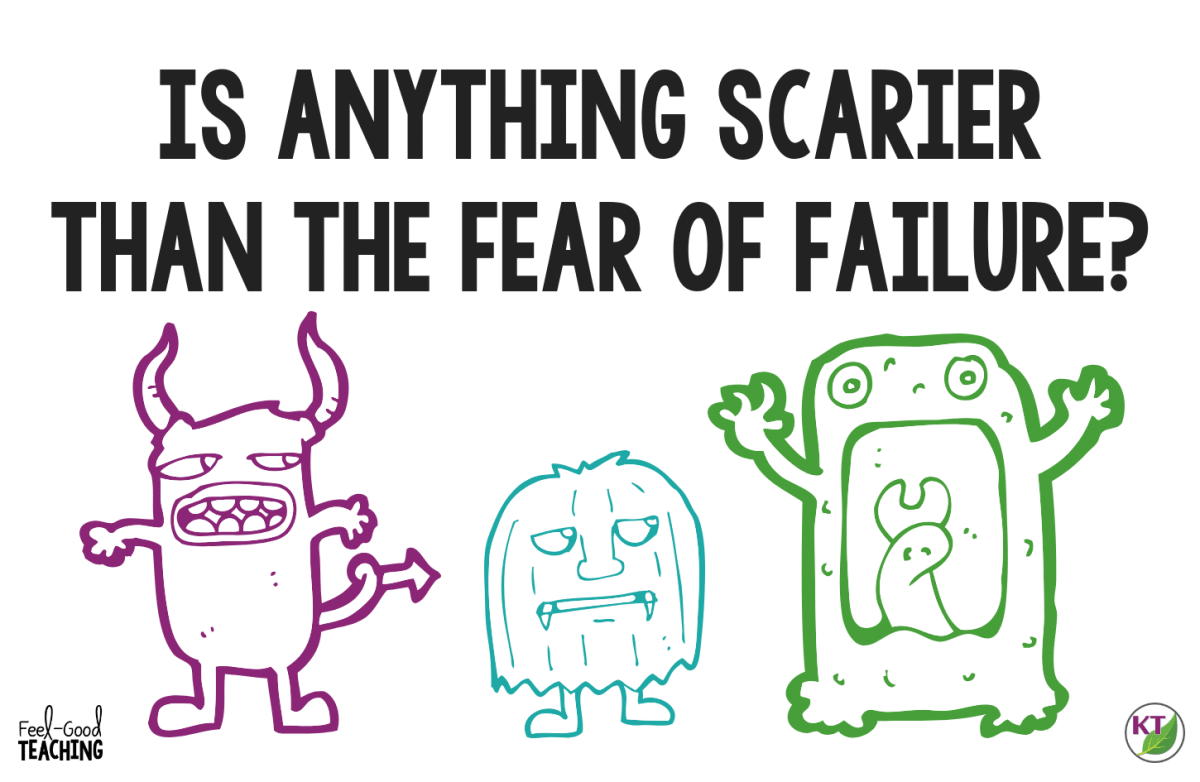“You’re taking AP Chem? Wow, I could never do that!” This is the reaction I often receive when my peers hear about advanced classes centered around STEM, which stands for Science, Technology, Engineering, and Mathematics. STEM has earned an infamous reputation for scaring students away — the seemingly endless stream of calculations and complex reasoning can feel almost impossible to navigate, prompting many students to search for a more manageable workload. However, students must learn the correct way of approaching STEM classes: It requires a particular mindset, which is the key to finding passion within the sciences and never being afraid of attempting difficult problems.
The reasons why students hesitate to take STEM classes are understandable. The course content moves rapidly, so students are rarely given leeway to catch up with the lectures, while the concepts are complicated and sometimes lack real-world applications. For instance, finding the derivative of ln(x) would not be helpful in a student’s daily routine. These negative stereotypes cause many students to lose motivation and interest in STEM, resulting in avoidance of all science-related subjects in general.
Fortunately, West High provides students with many opportunities to develop an interest in STEM outside the classroom. For example, the Women in STEM club motivates girls to explore science internship opportunities, provides information on STEM majors, and conducts science experiments during meetings to expand female inclusivity in STEM. Initially, many WiSTEM members also shared the fear of failure in STEM classes. However, many of them overcame their fear of challenging STEM classes by taking a chance. WiSTEM Activities Director Anvi Mishra (10) admitted, “I do have fears about not being smart enough or falling behind, especially in classes that have a reputation for being really hard, but I always try to push through. With the right hard-working and growth mindset, I believe they can be just as doable as any other subject.”
As Mishra explained, a growth mindset is key to overcoming the fear of STEM classes and fully understanding complex concepts. Fellow Activities Director Maya Nawachi (11) also shared a similar view: “A common misconception about STEM classes is that it’s impossible to be good at it unless you’re naturally smart. However, a lot of times, I think it depends a lot on how you study and how you learn.”
In addition, it is vital to understand the basis of students’ future classes. Despite widespread fears of a challenging class, students should never undermine their potential based on other students’ experiences in a particular class. “I don’t let what others say determine the classes that I take,” Nawachi stated firmly.
Anatomy & Physiology and Biology teacher Mrs. Janicki reaffirmed Mishra’s statement about the importance of a growth mindset: “Students need to be resilient and understand that learning at any level is a process, and you do need to put in the effort.” Taking clear notes during class, addressing misconceptions about the topic with the teacher, and leveraging all the resources available— YouTube lessons, tutoring, Warrior workshops, and peer study— are among the most helpful and effective study strategies for students. Mrs. Janicki noted that teachers consider students’ preoccupied lives outside of school and will allow extensions to submit assignments if the students “take the initiative to approach teachers and let us know of their struggle.” As Mrs. Janicki explained, “When you’ve hit those challenging classes, you need to start focusing on how you would study for the test.”
Even for those who shine brightest in STEM, the fear of the inevitable challenges the sciences present never truly goes away. But fear is not the end of the road— it is the beginning of a growth mindset. STEM remains approachable so long as students possess a growth mindset, effective study habits, perseverance, and self-confidence — that’s when the impossible becomes possible. So when a student approaches me and expresses their fear of STEM classes such as AP Chemistry, exclaiming, “I could never do that!” I reply, “Yes, you can! ” Because the truth is that STEM isn’t a barrier to keep you out — it’s a challenge meant to bring out your courage.









